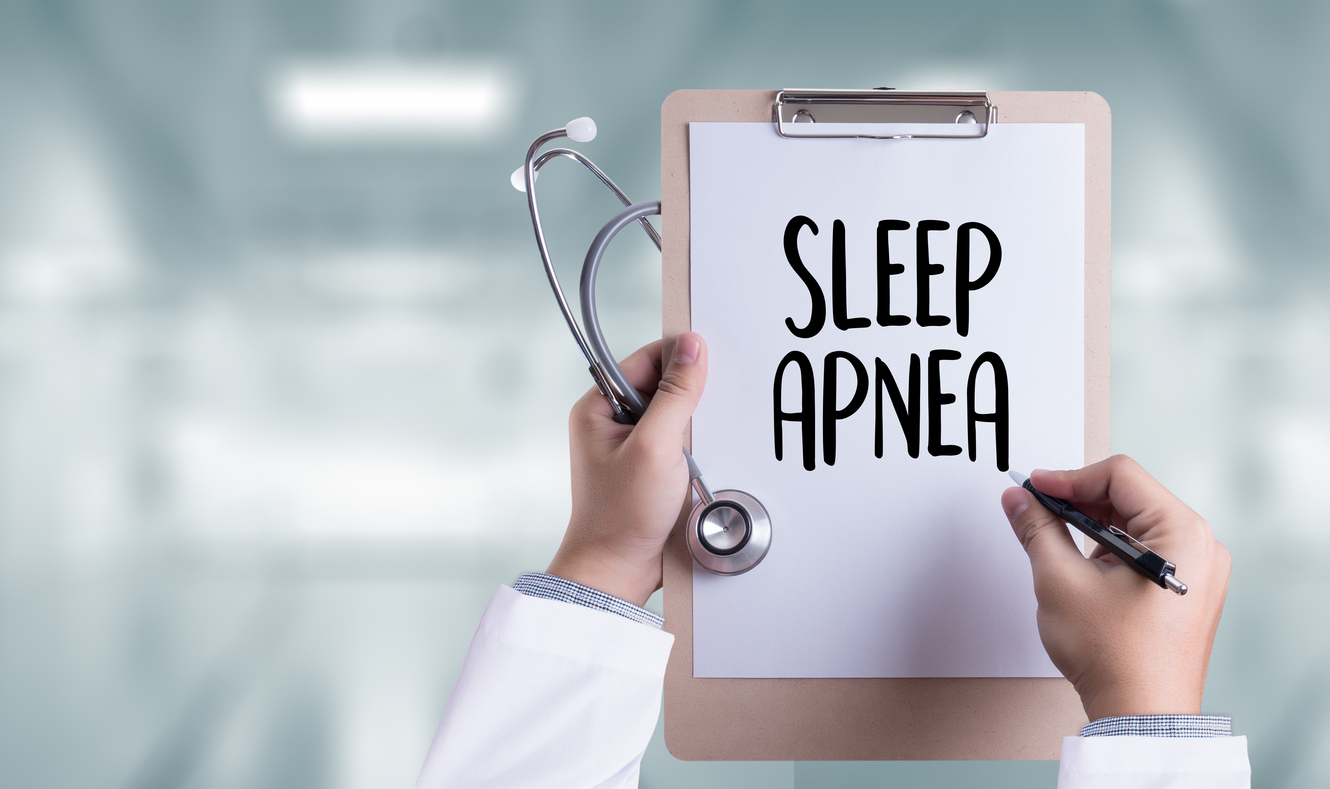Among all sleep disorders, sleep apnea may be the most destructive . It occurs when you stop breathing during sleep due to a blocked airway. Common warning signs are loud snoring, choking or gasping sounds. People with sleep apnea report feeling tired even after a full night’s sleep. The most severe forms of sleep apnea put enormous stress on your brain and heart.
Here are some of the health problems you may face because of sleep apnea.
High Blood Pressure
The level of oxygen in your blood drops when you can’t breathe well, raising your blood pressure. Adding to the problem, your body gets stressed when you wake up often during the night. That makes your hormones go into overdrive, which boosts your blood pressure.
Heart Disease
Sleep apnea disrupts how your body takes in oxygen, making it hard for your body to control the flow of blood to your arteries and the brain itself. People with sleep apnea are more likely to experience heart attacks. Like with high blood pressure, the causes may be low oxygen or the stress of waking up often. Strokes and artificial fibrillation (a fast, fluttering heartbeat) are also linked with sleep apnea.
Type – 2 Diabetes
80% or more of people with type – 2 diabetes may have sleep apnea. Obesity raises a person’s risk for both disorders. The truth is that not getting enough sleep can keep the body from using insulin properly, which leads to type – 2 diabetes. However, studies have yet to show a cause-and-effect correlation between the two.
Weight Gain
Carrying extra weight raises your chances of getting sleep apnea, plus, the condition makes it harder to slim down. This happens for a few reasons:
- Overweight or obese people may have fatty deposits in their necks that block breathing at night.
- Sleep apnea can make the body release more ghrelin, a hormone which makes you crave carbs and sweets.
- When you’re tired all the time, you may eat more plus your body has a harder time of turning the food you eat into energy, leading to more weight gain.
Adult Asthma
Although science has yet to prove the direct link, many people who get treatment for sleep apnea find that their asthma symptoms improve.
Acid Reflux
Again, science has not yet proven the correlation between sleep apnea and acid reflux, but many sleep apnea sufferers complain of this problem. Treating it seems to improve apnea symptoms for some people.
Traffic Accidents
Without enough sleep at night, sleep apnea sufferers are up to five times more likely to fall asleep at the wheel.
Gout
A British study reported that people with sleep apnea where about 50 percent more likely to develop gout than other people.
Other Complications of Sleep Apnea
- Irritability or depression
- Poor concentration
- Chronic Headache
- Complications using certain medications/anesthesia, which may increase surgical risk
- Strained relationships with sleep partners
Women and Sleep Apnea
Women are said to be particularly at risk to the hidden dangers of sleep apnea. They are more likely than men to have subtle symptoms, which allows them to remain undiagnosed. A UCLA study showed that the body’s automatic responses to control blood pressure are not as strong in people with the disorder, and even less so in women.
Sleep Apnea Treatment in New York
There are many ways to treat sleep apnea. You may use a CPAP machine, which has a mask attached by a hose and helps you breathe better at night. There are other mouth appliances, nerve stimulators to keep your airways open, and several types of surgery. The best thing you can do is to have a conversation with your doctor about your options and what is best for you.
If you or someone you care about are suffering from sleep apnea, contact Dr. Shukla today. Dr. Shukla has been diagnosing and treating sleep apnea sufferers of all ages in the New York City area for over 15 years. He can provide you will a variety of treatment options to suit your needs.
[1] Future of Personal Health: https://bit.ly/2H6d44t

